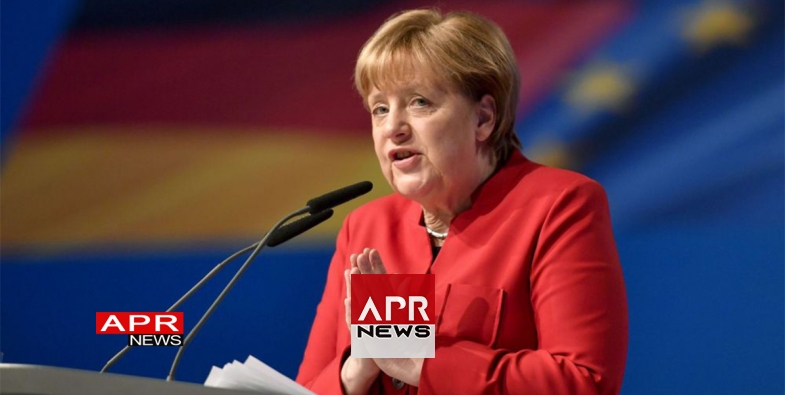You are here
Back to topMerkel in last-ditch push for German coalition

Merkel in last-ditch push for German coalition
AFP - Chancellor Angela Merkel embarks Thursday on last-ditch talks with Germany's second biggest party to form a government, in what is also a battle to rescue her political career.
September's inconclusive elections left the veteran leader without a majority and struggling to find partners to govern Europe's biggest economy.
After Merkel's earlier attempt at forging a coalition with two smaller parties collapsed, she is now placing her hopes on renewing an alliance with the Social Democrats (SPD).
The chancellor badly needs the talks to succeed, as do the leader of her Bavarian allies, Horst Seehofer, and SPD chief Martin Schulz, said political analyst Karl-Rudolf Korte of Duisburg-Essen University.
"The negotiations are not just about a coalition, but also their careers. It would be the end for all three if this coalition does not come about," he told public broadcaster ZDF.
Thursday marks the final day of almost a week of preliminary talks on whether the two sides have enough common ground to move forward to formal coalition negotiations.
Merkel has voiced optimism, saying "it can be done", even though multiple hurdles remain on the long road to a coalition.
- Far-right threat -
Late on Thursday the parties are due to declare if they will push on with efforts to forge a new government by around March or April.
Along the way, negotiators need to compromise on policy differences -- the SPD is seeking welfare gains while the conservatives are pushing for tax cuts as Germany's public coffers bulge.
As the clock ticks into a fourth month of political paralysis in Germany, Berlin's biggest EU partner France waded in, with its Finance Minister Bruno Le Maire on Wednesday echoing the SPD's demand for greater investments from Berlin.
Beyond fiscal and spending issues, the parties are struggling to fend off the encroaching far-right, whose capitalisation on anger over the influx of refugees netted a record showing at the polls in September.
To halt a haemorrhage to the far-right, Merkel's alliance wants a tougher stance on immigration, something that is hard to sell to the centre-left SPD.
Even if negotiators find a deal, it can still be torpedoed when SPD delegates and later rank-and-file members get to vote on whether the traditional labour party should once again govern in Merkel's shadow.
- 'Skepticism justified' -
SPD vice chairman Ralf Stegner underlined the great uncertainty about a possible deal, tweeting that "skepticism was, is and remains justified".
The SPD's youth wing chief Kevin Kuehnert is also energetically running a resistance campaign against any agreement with the conservatives.
"I am very optimistic for the party congress: we can still stop the grand coalition," Kuehnert told Spiegel weekly.
The SPD's youth movement leader believes that governing for another four years under Merkel would deal a death blow to the Social Democrats, who were slapped with a historic low score in September's elections.
Instead, Kuehnert favours the option of a minority government led by Merkel, even though her conservatives have rejected that option as too unstable.
However, latest opinion polls suggest that a potential new grand coalition enjoys little favour with Germans.
A survey published by Focus magazine found that 34 percent of Germans prefer new elections, while only 30 percent favoured a return of the conservative-SPD alliance.
Another poll published by public broadcaster ARD found that only 45 percent of Germans view a new grand coalition positively, while 52 percent considered it a bad option.







